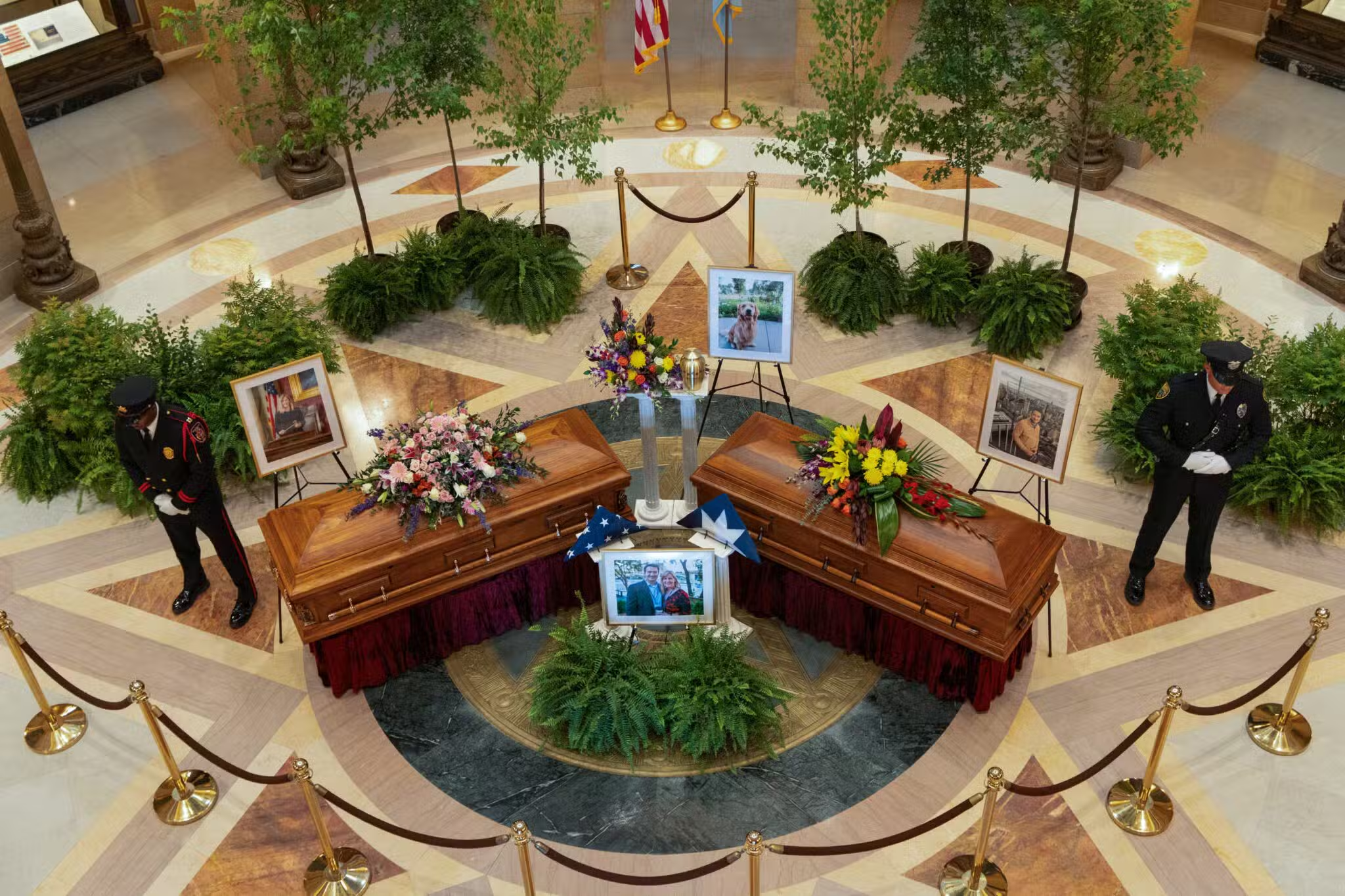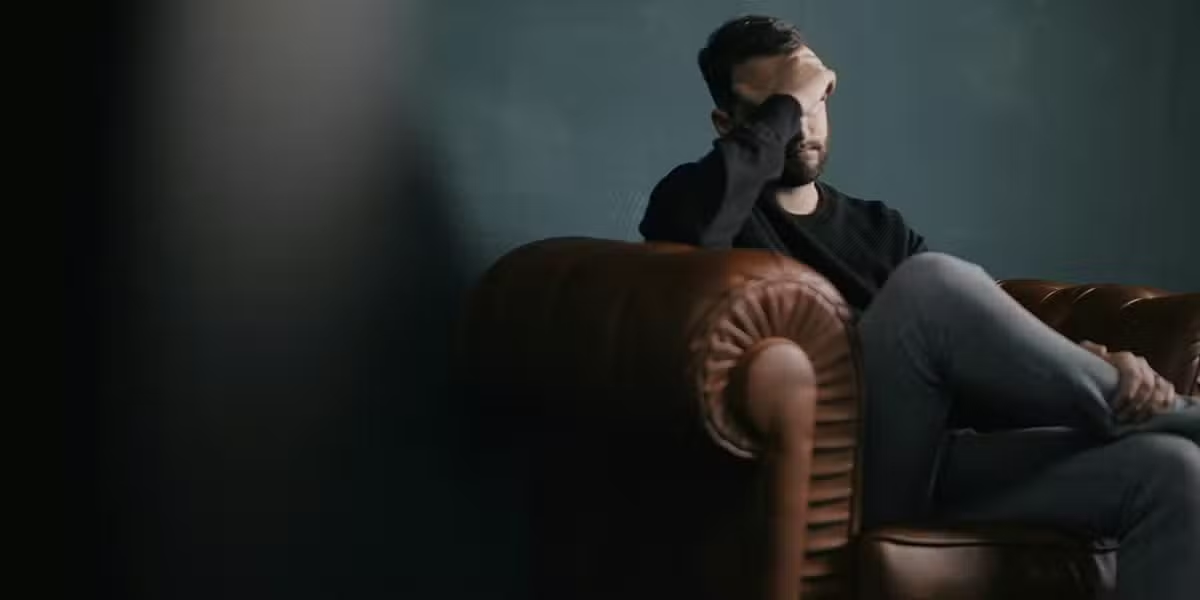When Abraham Lincoln was sworn in as president on March 4, 1861, he focused his inaugural address on the seven states that had already seceded from the Union. Lincoln hoped to avoid war between the North and the South.
At the end of this address, he said: “I am loath to close. We are not enemies, but friends. We must not be enemies. Though passion may have strained, it must not break our bonds of affection. The mystic chords of memory, stretched from every battlefield and patriot grave to every living heart and hearthstone all over this broad land, will yet swell the chorus of the union, when again touched, as surely they will be, by the better angels of our nature.”
Union soldiers were forced to surrender Fort Sumter on April 13, 1861, and four more states had seceded by June 1. Lincoln could not avoid the Civil War, but he identified the standard for the discourse that our society still desperately requires.
Perhaps never have Abraham Lincoln’s words been more needed in our society’s politics, family life, our civic and charitable works, and our spiritual lives.
Reweaving Our Social Fabric
Unfortunately, few people were ready to listen to those better angels during the Civil War or in its subsequent Reconstruction period. The effects of those conflicts are painfully with us yet today. Our better angels have always had a difficult time receiving a hearing.
The authors of our Declaration of Independence and the US Constitution had a strong sense that they were trying to craft a nation that would respect the common good of its citizens, strengthening its social fabric. Of course, those authors had several blind spots: For example, the international slave trade was protected until 1808; almost a third of the people in some states then were not citizens; voting could be restricted to certain religious groups or property owners; and women could not vote until 1920.
Nevertheless, these authors set the standard that later generations would enlarge, for genuine peace must be built on justice. On Washington, DC’s National Mall on August 28, 1963, Martin Luther King Jr. famously proclaimed: “When the architects of our republic wrote the magnificent words of the Constitution and the Declaration of Independence, they were signing a promissory note to which every American was to fall heir. This note was the promise that all men, yes, black men as well as white men, would be guaranteed the inalienable rights of life, liberty, and the pursuit of happiness.”
A sense of our country’s common good has frayed greatly during the lifetime of most St. Anthony Messenger readers. How many drivers have you seen running a red traffic light in the past week?
For several decades, sociologists, psychologists, preachers, and others have noted the fraying of our social fabric. Civil discourse becomes a rare commodity when people holding opposite viewpoints immediately resort to demonizing those on the other side.
There has also been some progress. For example, our justice system is less tilted against poor people than it used to be, but much work remains, especially for civil justice reform.
All the citizens in a democracy—not simply its elected or appointed leaders—must promote that society’s common good and contribute to reweaving its social fabric. Associate US Supreme Court Justice Louis Brandeis wrote, “In a democracy, the most important title is that of private citizen.” We cannot be good citizens—or members of any other group—if demonizing others is our preferred response to a different opinion.
Normalizing Respectful Speech
Families, schools, civic groups, and all the other vital parts of our society are under attack when an individual’s preference overrules all other concerns—at least with shouts if not with physical violence. Unfortunately, the number of racially or religiously motivated hate crimes has dramatically risen in recent years.
During local, state, and national elections this year, we all have an opportunity to rebuild or tear apart our nation’s social fabric. Our words and actions can build it up or tear it down. We can take our cues from hate groups or from neighbors whose lives of integrity show that they are trying to listen to their better angels.
Those who love freedom must embrace this challenge.








